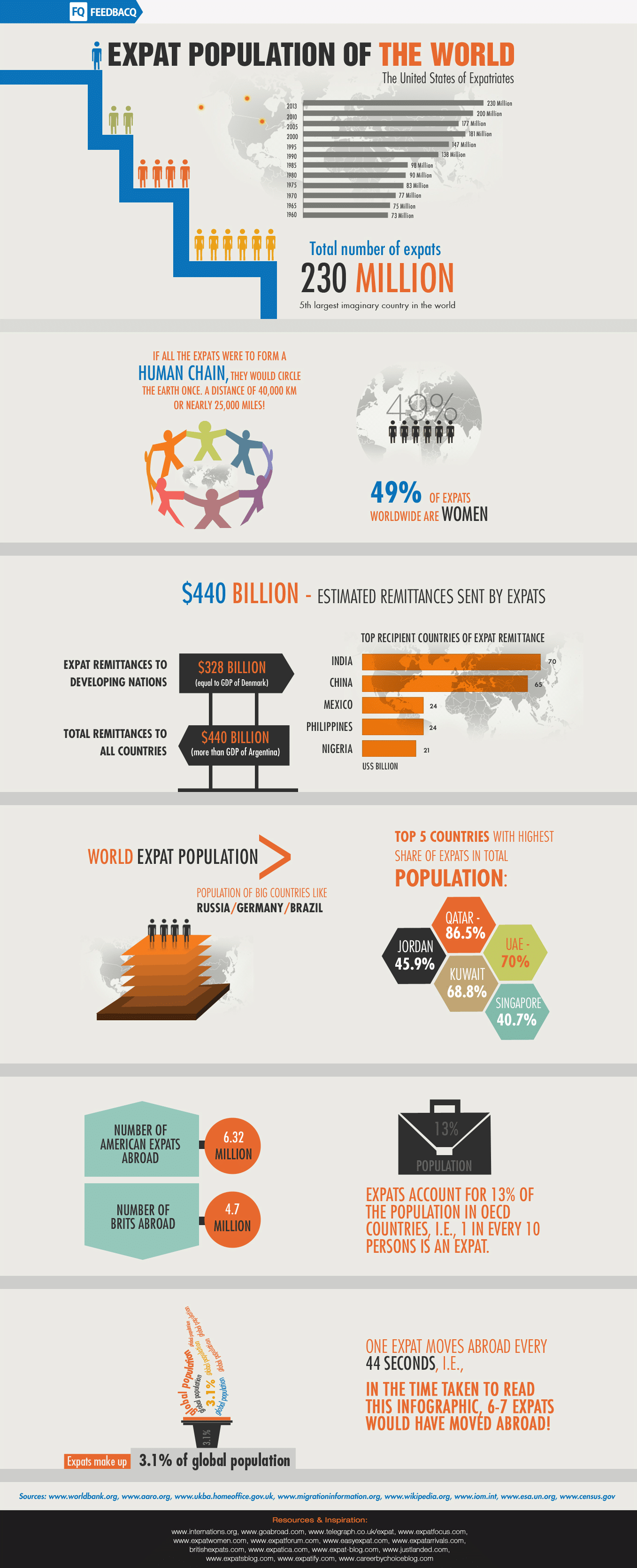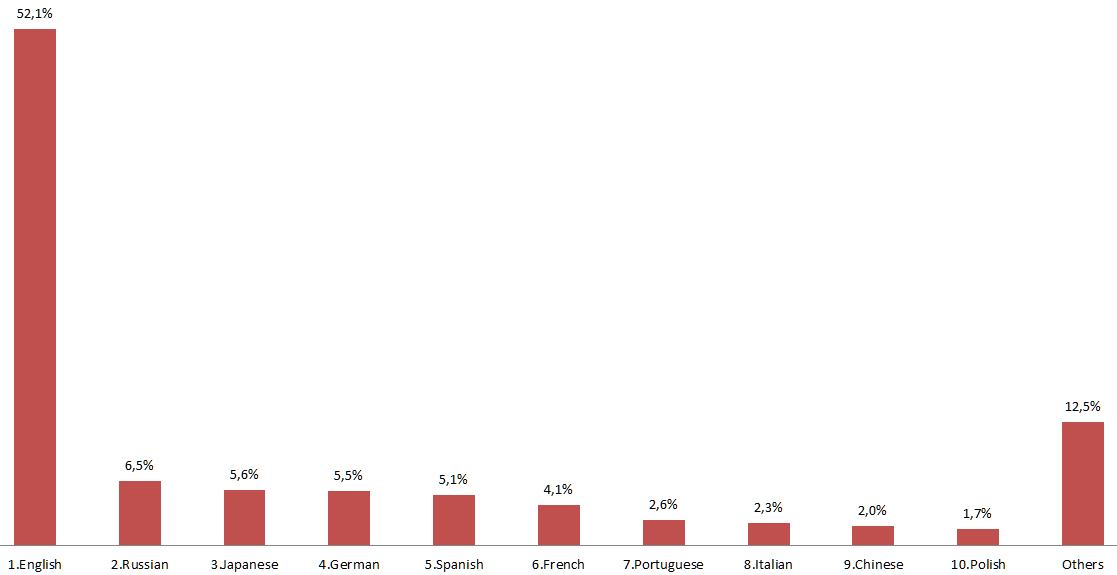What value is most important to people in each country?
ЧИТАТЬ НА РУССКОМ • LIRE EN FRANÇAIS
What Matters Most to People Around the World
Have you ever wondered how each country contributes to forming your beliefs about what’s important in life? More than 80,000 people from around the world expressed their opinions on what they value most in life and this infographic map shows their No.1 priorities in almost every country in the world.

The data above has been collected on a continuous basis by OECD Better Life Index since 2011. To date there are over 60,000 responses from over 180 countries.
Interestingly, most developed nations, including USA, Canada, Western and Central European as well as Nordic countries tend to value life satisfaction and health most, countries that on the happy planet index did not rate quite as high as those in Central and South America. Why do you think is this?
South America, on the other hand is the continent where education is by far the top priority in life. Is it the low disposable income that encourages people to view education as means of succeeding in life, is it cultural or maybe is it something else?
In Europe, the vast majority of countries value life satisfaction and health most. It’s quite interesting that people from countries that are placed close to each other tend to have the same priorities. In fact, only a few Eastern European countries have different priorities compared to the rest. Only Slovenia and Georgia put the environment as their top priority on the list. Romania is the only country that values education more than anything else and Albania and Ukraine consider income to be most important. Moldova is also the only country to consider jobs most important.
Surprisingly, Monaco residents are primarily concerned with their safety, as are the respondents from United Arab Emirates and Japan. Australia is perhaps one of the very few developed nations that puts the work-life balance as their top priority.
There may be quite a number of patterns to explore in this map and a number of explanations for why people from different countries pursue different things. Why do people from different countries have different priorities?







